solar panel diagram
The solar panel diagram below shows how solar energy is converted
into electricity through the use of a silicon cell.
The below image is not a solar panel wiring diagram, if you need
access to a wiring plan, you could consult a specialist electrician,
or solar installer.
In the diagram below, you can see how a solar panel converts
sunlight into energy to provide electricity for a range of
appliances.
This energy can be used for heating, through the use of solar hot
water panels, or electricity through the use of regular solar cells.
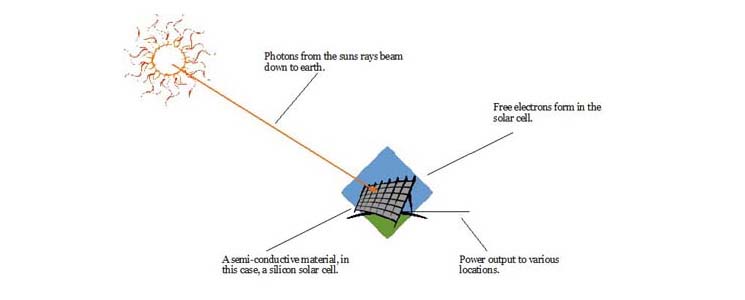
The Theory Behind The Solar Panel Diagram
As you can see from the above diagram of a solar panel, photons are
contained within the suns rays and beam down to earth.
Once these photons reach the solar panel, they are absorbed by the
silicon material, and this allows electrons to be knocked off their
orbit.
As the electrons are knocked off their orbit, they become free
electrons and are able to pick up a current, resulting in the flow
of electricity to external sources.
New technologies are making renewable energy devices much more
efficient and a viable contender for electricity production from
fossil fuels.
The Use Of Electricity From Solar Panels
As the solar panel diagram shows, you can see how power is sourced
out to various locations, this depends on how you plan to use the
energy harnessed by a solar cell.
Possible uses of solar electricity could be to incorporate the
current into an existing power supply, provide a separate power
supply dependent upon the solar panel, to charge solar batteries for
the storage of solar electricity, or even to sell back to the
national grid.
Solar panels can even be used to heat water in different designs.
Some home swimming pools also use solar energy to heat the water,
however this can usually be a very expensive option.
Solar energy has a huge advantage for providing electricity in
remote locations due to the simple running requirements (i.e. no
fossil fuels need to be transported the location).
A remote solar panel system can provide electricity for vital tasks
where the laying of electricity cable is not practical, a working
example of this is on satellites.

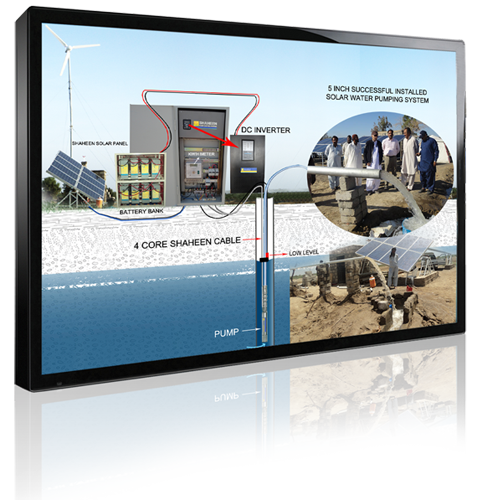
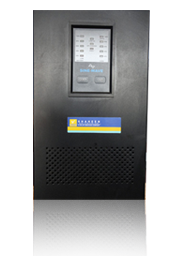

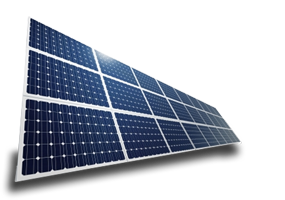
 state-of-the-art designSolar Water Pumping System
state-of-the-art designSolar Water Pumping System Wind Power Use itdon't let it blow away!
Wind Power Use itdon't let it blow away!




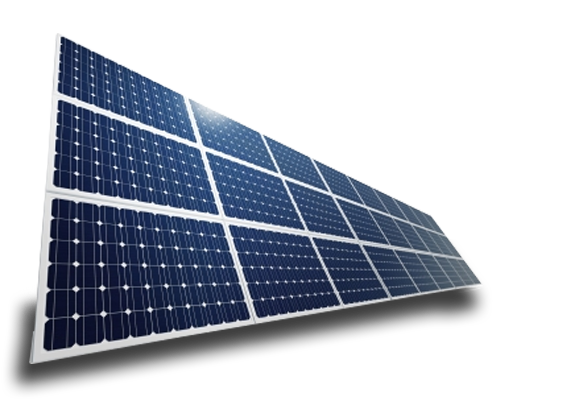


 Most Experienced inSolar, Wind and Hybrid Technology
Most Experienced inSolar, Wind and Hybrid Technology SOLARBattery BanksShaheen Enterprise
SOLARBattery BanksShaheen Enterprise Water PUMP SystemShaheen Enterprise'sFeature Project
Water PUMP SystemShaheen Enterprise'sFeature Project